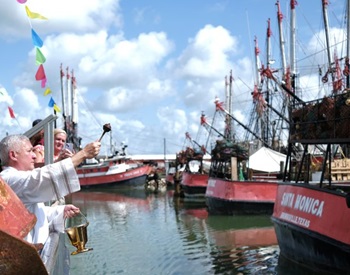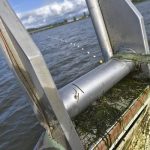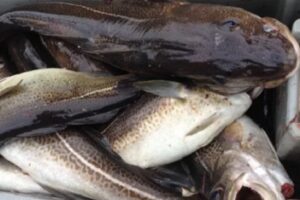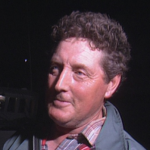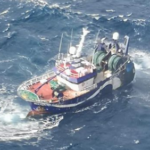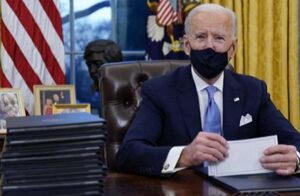Tag Archives: Gulf shrimp industry
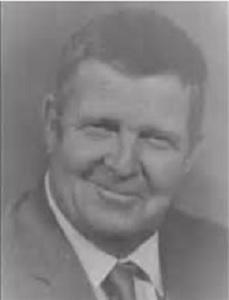
Clifford Cooper, an early pioneer of the shrimping industry in Aransas Pass
Clifford Boyd Cooper (84) passed away on Saturday, July 25, 2020 at his home peacefully with his family at his side. He was born on November 16, 1935 to Oliver Claude and Daisy Marie Cooper in Bay City, Texas. Clifford was an early pioneer of the shrimping industry in Aransas Pass. He also shrimped off the coast of Africa and South America. He loved the open sea and filling his nets with shrimp from our beautiful Gulf of Mexico. He even taught net weaving to interested young men at Del Mar Tech College to help spur the shrimping industry. Later in life he worked for Gulf King Marine as maintenance/mechanic for their fleet of shrimp boats. >click to read< 08:31
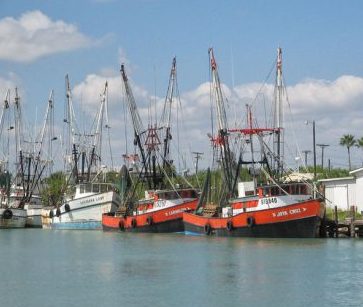
Gulf shrimp industry reeling from labor shortage
Nello Cassarino needs about 150 workers to dehead, peel, sort, package and freeze nearly 60,000 pounds of shrimp each day at his processing plant on Harborside Drive. And finding laborers is particularly difficult right now.,,, The industry has challenges from imported shrimp, but the labor shortage is the biggest issue commercial fishing faces, she said. Processing work typically pays about twice the minimum wage, which would be about $14 an hour, although it depends on the amount of shrimp being processed, Hance said. Pay for boat crews is more difficult to break down into an hourly amount because workers live aboard the boat for 30 to 45 days at a time. But workers may receive about $5,000 for a month at sea, depending on the catch, Hance said. >click to read<15:45
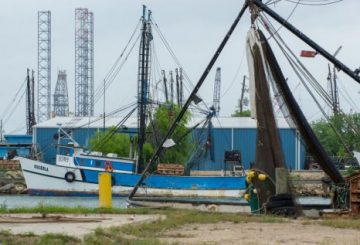
SIMP: Federal monitoring program will track foreign imports
A decision by Congress to add imported shrimp to the Seafood Import Monitoring Program is good news for an industry not used to hearing good news. The Gulf shrimp industry has struggled against a rising tide of cheap foreign imports for years, making it tough for domestic shrimp boat operators to make a living. Combined with the factors, this situation has led to a dramatic decline in the size of the Brownsville-Port Isabel shrimp fleet.,, The purpose is to thwart illegal, unreported and unregulated fishing activity. >click to read<10:38






